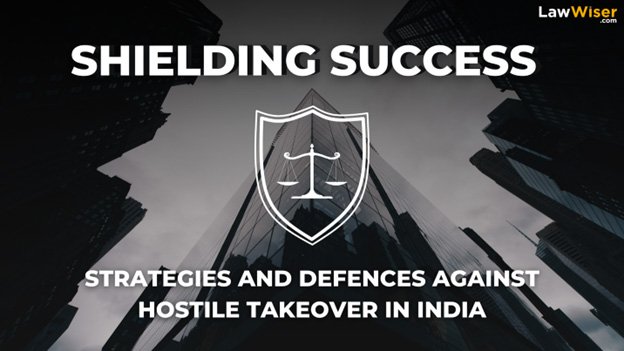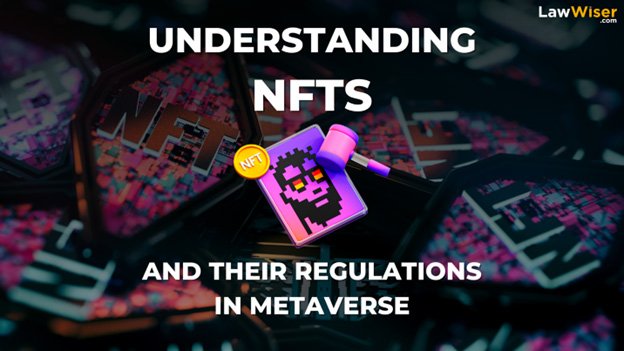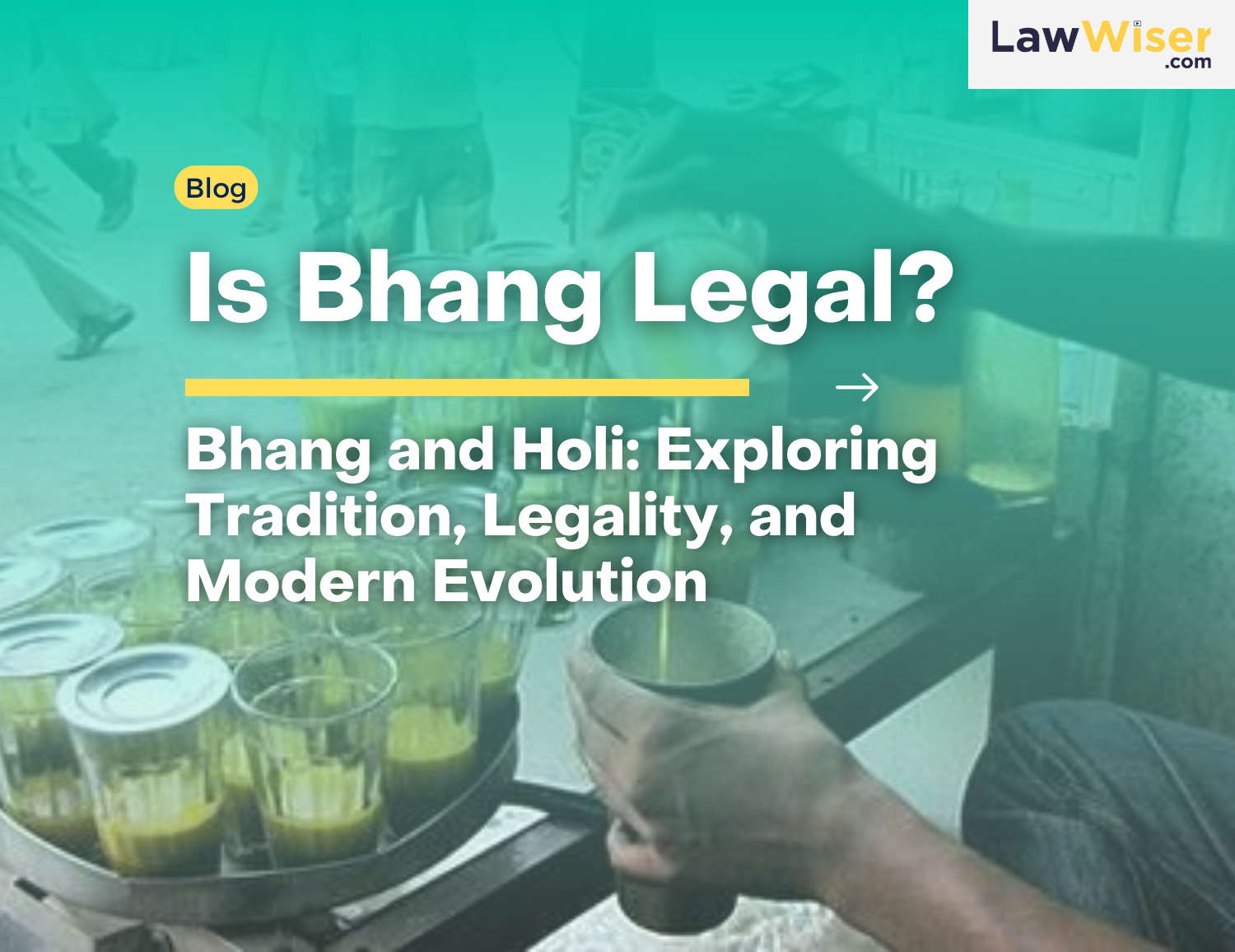Moonlighting refers to the act of working a second job outside of one’s regular working hours. This is typically done without the knowledge of the primary employer and is often done to earn additional income. The term “moonlighting” comes from the fact that this additional work is often done at night or on weekends, hence the name “moon” lighting. The primary reason people engage in moonlighting is to earn more money. Additionally, working in a different role can allow an individual to develop new skills, explore related fields, and connect with more people. However, employers may be suspicious of this practice, as it can lead to employees not giving the organization the time and attention it needs.
Forms of Moonlighting
One of the most visible forms of moonlighting is found in the IT sector, where services are delivered online. The ability to log in to multiple sites at the same time allows IT professionals to take on multiple assignments simultaneously, raising ethical concerns but not necessarily being prohibited by law. This means that each instance of moonlighting involves two separate contractual relationships. The legality of the second job would depend on the terms of the individual’s agreement with the respective employers. While concerns have been raised about the quality of work and consumer welfare, there is no evidence that the public sector is negatively impacted by moonlighting.
Prevalence of Moonlighting: The Swiggy Initiative
The financial burden and lack of job security caused by the COVID-19 pandemic have led to an increase in instances of moonlighting. Recently, food delivery startup Swiggy introduced an industry-first policy that allows its employees to take on additional projects or “gigs” outside of their regular employment during their free time, referred to as the “moonlighting policy.”
Under this policy, Swiggy supports its employees in taking on additional projects outside of their regular work and categorizes the temporary work. However, it is essential to understand that moonlighting is the act of working at an additional job beyond regular working hours, usually without the knowledge of the primary employer.
A moonlighting policy is permission given to regular employees to take on an additional job besides their primary job. However, the majority of companies in India do not allow their employees to take on an alternative job, even if it is done after working hours. Some companies even take action against employees who practice moonlighting.
Legal Position of Moonlighting in India
Moonlighting is not explicitly defined in Indian laws. However, certain laws such as the Factories Act, 1948, the Occupational Safety, Health and Working Conditions Code, and the Industrial Employment (Standing Orders) Rules, 1946, regulate dual or double employment to a certain extent.
These laws restrict employers from requiring or allowing workers to work in another factory or establishment on the same day and prohibit workers from taking on additional employment that may adversely affect the interest of their primary employer. However, these laws have limited application and do not cover certain establishments and categories of employees.
The Shops and Establishments Act, which varies by state, governs employees of retail stores, restaurants, theatres, and other public amusement or entertainment facilities, information technology, and information technology-enabled services. Some states, such as Delhi, prohibit dual employment under this act.
The Indian courts have also acknowledged non-compete restrictions during the employment period, and have protected the confidentiality of the information and intellectual property of an employer under Indian laws. Non-solicitation clauses are also enforceable to the extent that they are reasonable. Moonlighting may also be coupled with other issues such as a conflict of interest, breach of confidentiality and/or proprietary information, competition, solicitation of co-employees or vendors, compromise of intellectual properties, and attrition. These issues expose businesses to higher risks, and the appropriate process to protect business interests should be in place.
Conclusion
Moonlighting has always existed but has become more prevalent in recent times due to financial burdens and job insecurity. Employers must be clear about the activities they permit employees to undertake beyond work hours, and this should be outlined in the employment contract. It is important for companies to have strong employment contracts and HR policies that clearly define the terms of employment, including any obligations and restrictions on employees, and what constitutes misconduct that may result in disciplinary action. However, any action taken by the employer should be fair and reasonable to ensure it is upheld in court. Additionally, moonlighting may be considered unethical if an employee’s contract includes non-compete clauses or exclusive employment, but if the contract does not include these clauses, it may not be considered a breach of trust or confidence by the employee.



 November 20, 2023
November 20, 2023








 July 7, 2025
July 7, 2025 0 COMMENTS
0 COMMENTS



